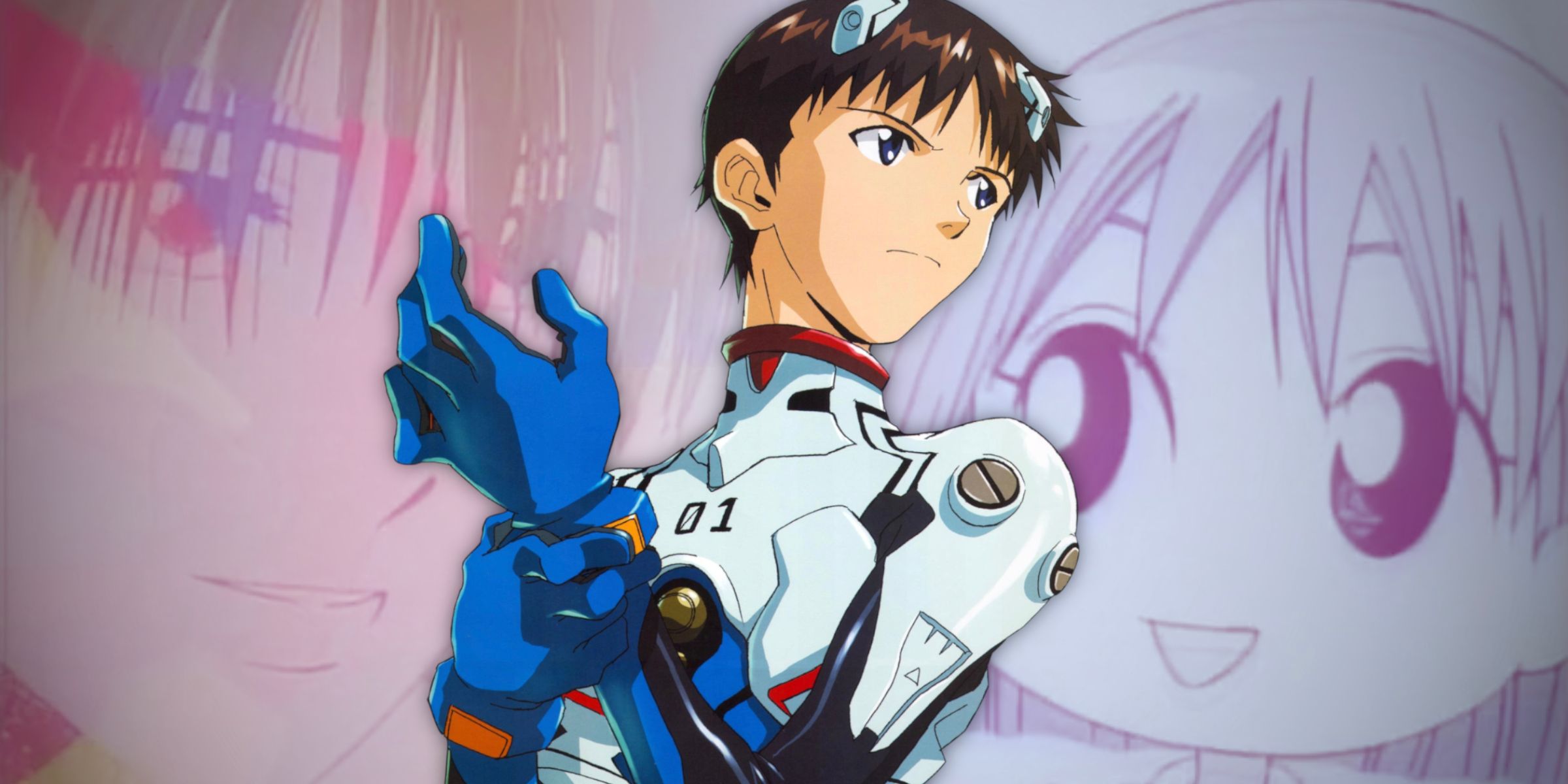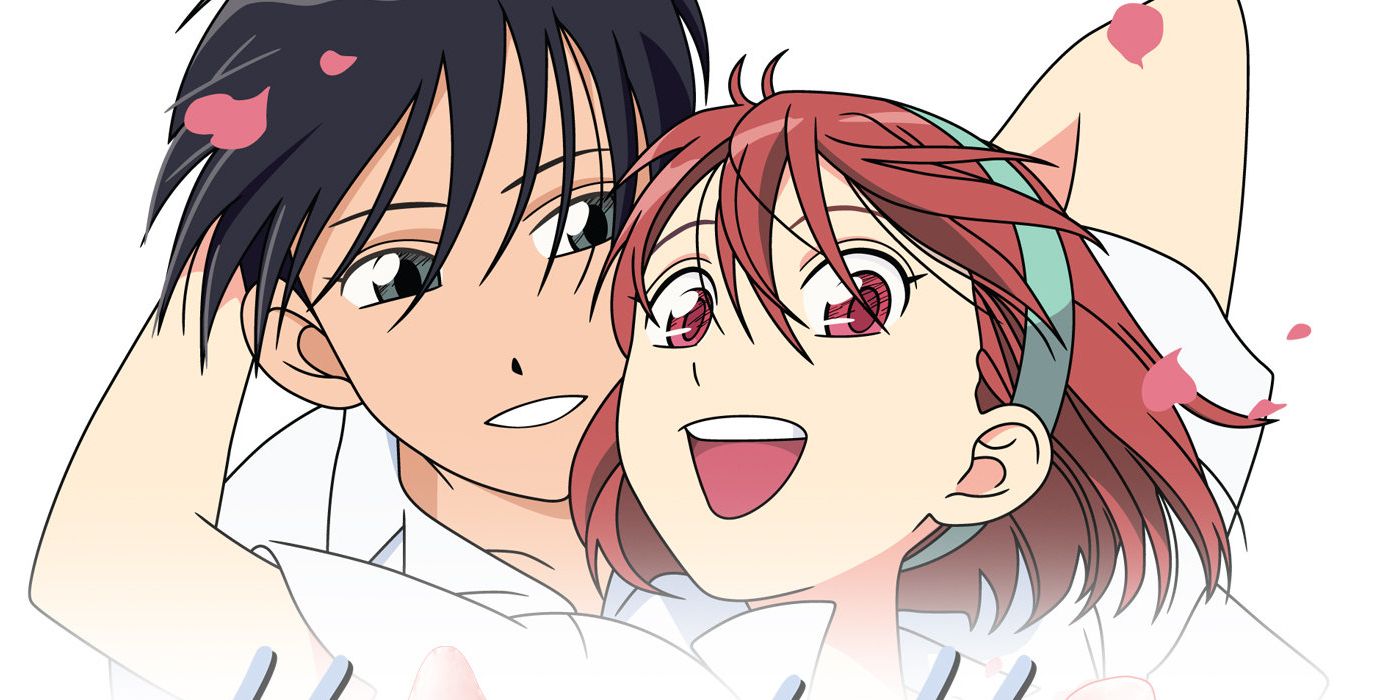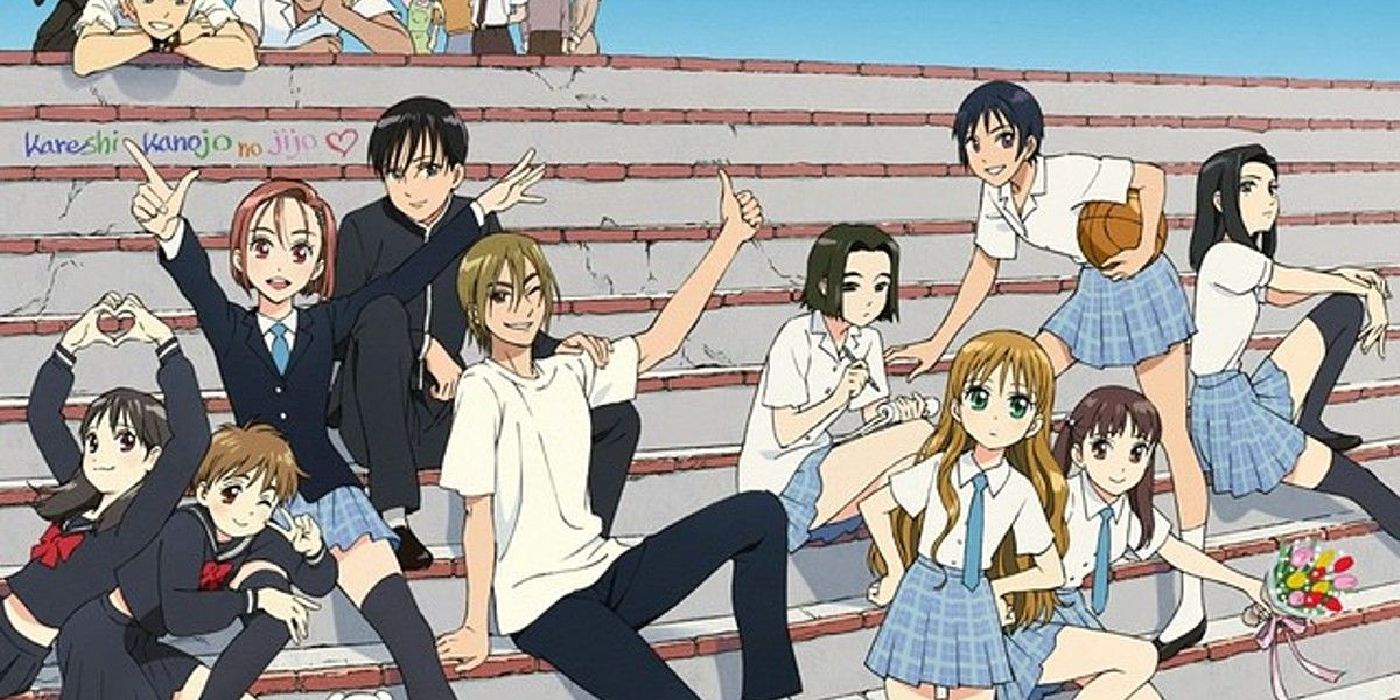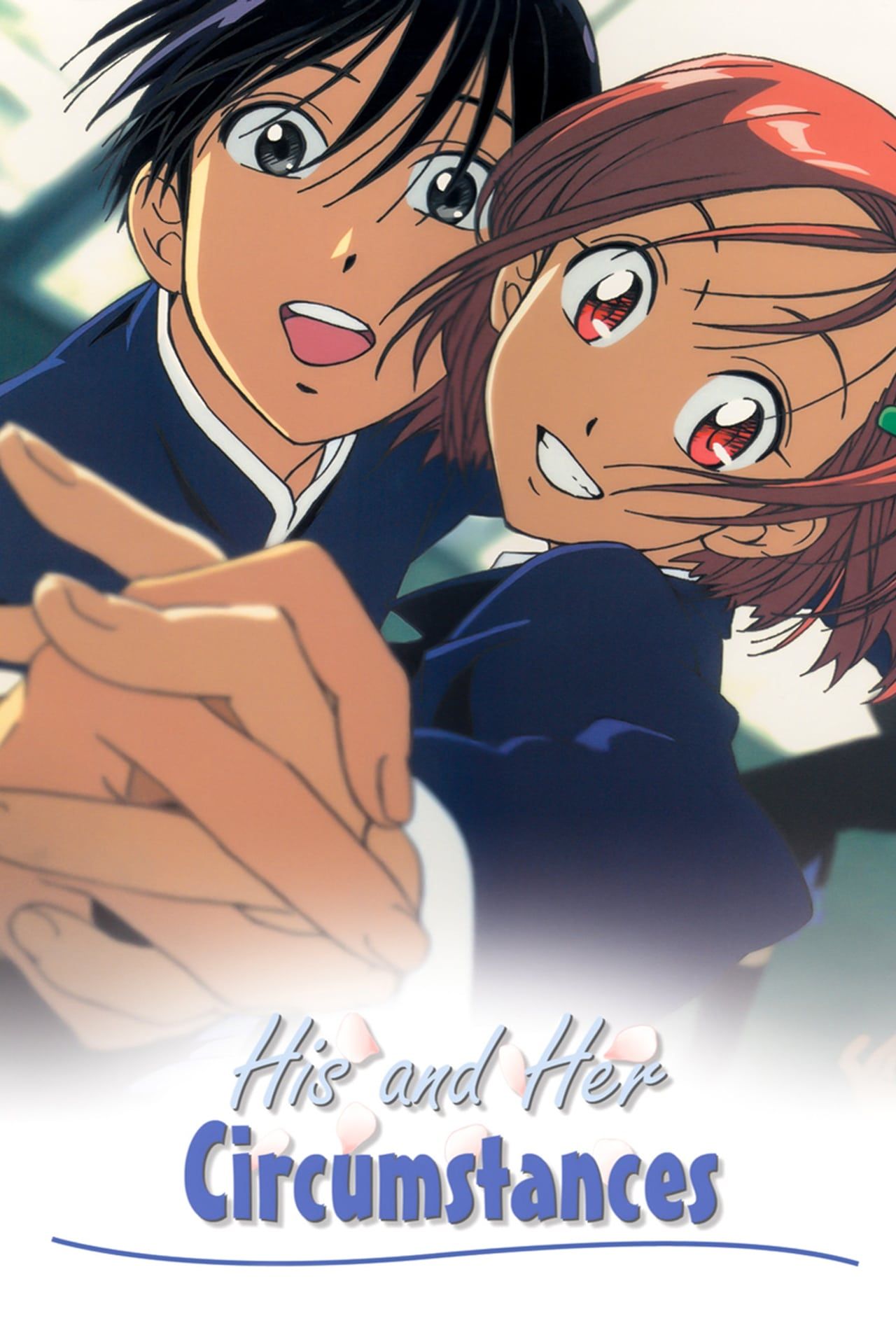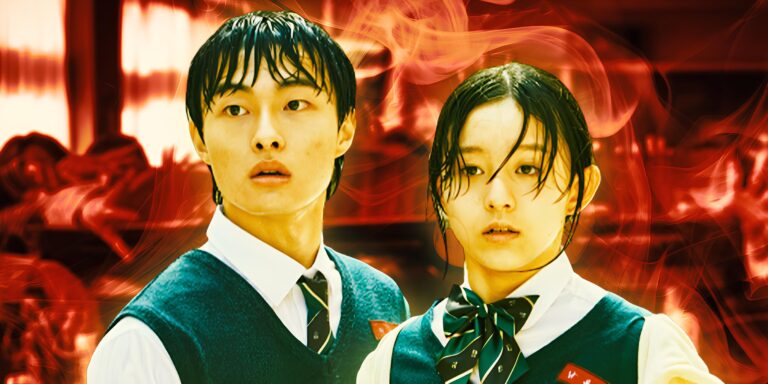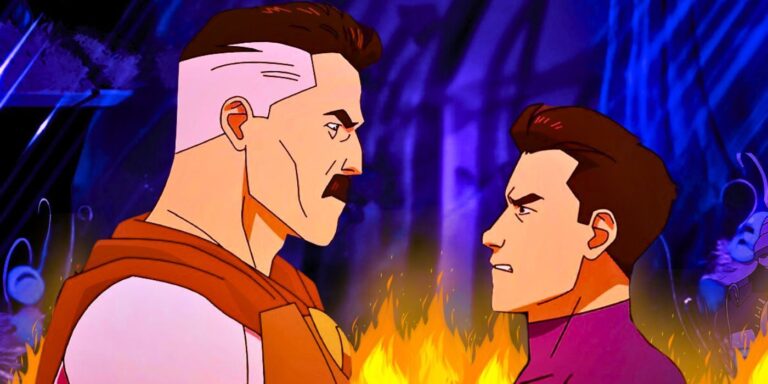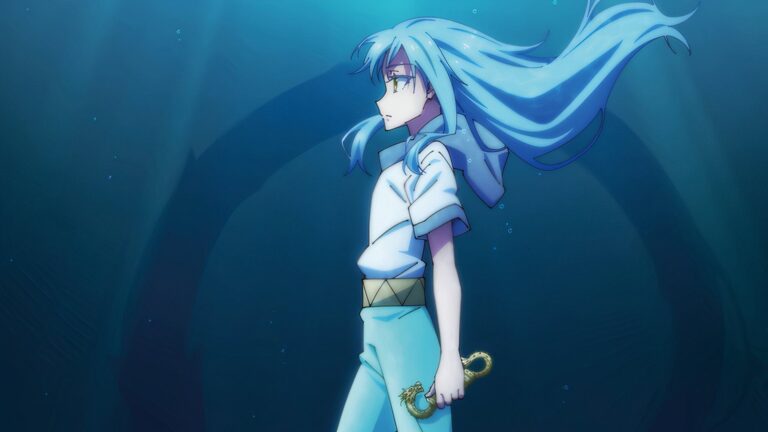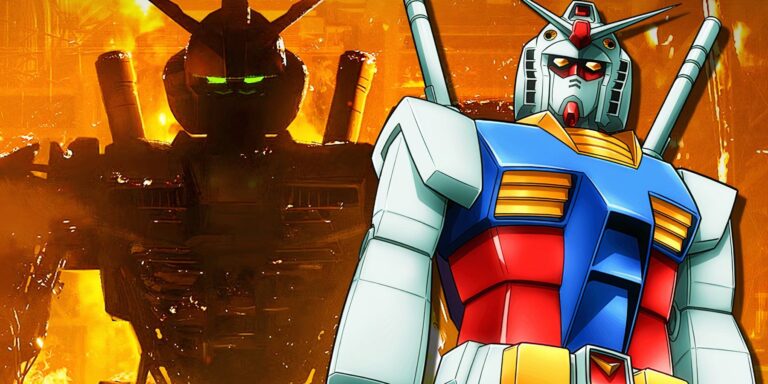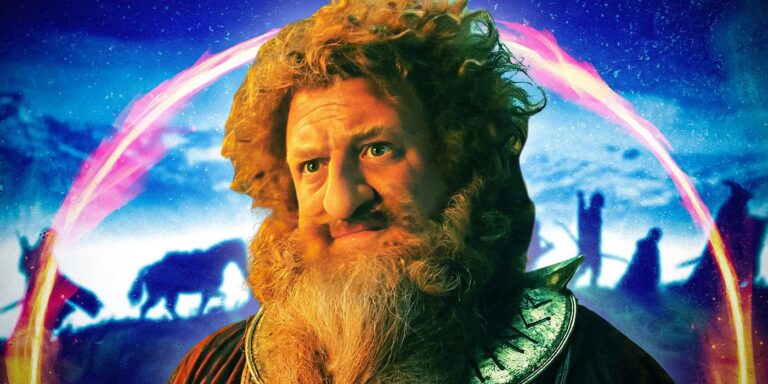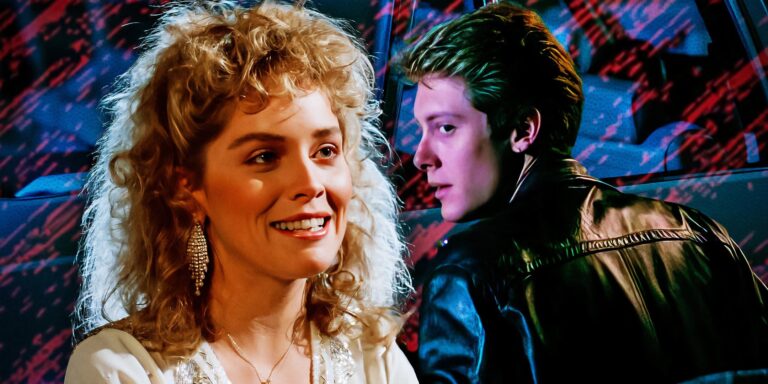Neon Genesis Evangelion‘s original TV run has one of the most divisive and interpretive endings in anime history. Mixed responses to the series’ finale would be directly responsible for the following film, The End of Evangelion, a fundamental reimagining of the 25th and 26th episodes of the series that provided a second ending. Of course, the follow-up film by no means lacked any of Hideaki Anno’s trademark artistic flair, and the debate over which ending reigns supreme and how to interpret both has surged on for decades now.
Nonetheless, Evangelion‘s controversial endings have nothing on another masterful production of Hideaki Anno: an adaptation of the manga Kare Kano, short for “Kareshi Kanoji no Jijou”, also known by its literal English translation of His and Her Circumstances. On its own, the manga is a romantic comedy with intriguing twists and turns. Anno’s approach to the manga is noteworthy on several fronts, not the least of which being that its ending is such a strange and unsatisfying creative decision that it blows Evangelion‘s interpretive ending out of the water—and despite all that, Kare Kano is still a must-watch for every fan of Anno’s work with Eva.
Kare Kano Was Hideaki Anno’s Attempt At A Romantic Comedy, And It’s Just As Weird As It Sounds
The Master Director Brought His Unique Vision To An Unexpected Work
Anno’s touch is perfectly prevalent on Kare Kano, and many of his trademarks are there at work. At its core, Kare Kano doesn’t exactly seem like Hideaki Anno’s cup of tea. Following a girl aspiring for essentially universal acknowledgement, Yukino Miyazawa, the series examines her relationship with overshadowing competitor Soichiro Arima as the pair navigate high school life, romance, and the follies of youth.
Indeed, for a romantic comedy, Hideaki Anno has given the show a bizarre identity. Artistic juxtaposition, eye-catch cut-ins with pithy phrases, and an off-kilter presentation underscore the generally earnest source material’s emotional honesty. The series is, without a question, one of the most intriguing romantic comedies ever put to the screen.
Anno’s Adaptation of Kare Kano Was So Strange That The Manga’s Creator Took Issue
Opinions Diverged On Kare Kano‘s Adaptation, Even Among Those Involved
Kare Kano‘s adaptation has produced no shortage of controversy. Anno’s touch is more or less indelible from the work, and at a certain point, he takes a backseat from lead director and writer to co-director. After Kare Kano, Anno would never direct another series for Gainax—despite the immense acclaim and popularity he brought the studio with Evangelion.
As for how Masami Tsuda, Kare Kano‘s mangaka, felt about the manga’s adaptation, opinion can go either way. In one interview with Gainax France, she claimed to have no problem with the adaptation. Apparently, she accepted that the adaptation would mean the story was no longer “hers”, stating that she was simply happy that more people came to know her story:
[Interviewer:] Did you participate yourself, directly or indirectly, in this adaptation?
[Tsuda:] I was present during the audition of the dubbing actors. For the rest, I trusted them and I didn’t worry about it. When I entrusted the adaptation to other people, I knew that it wouldn’t be “my” Kareshi Kanojo No Jijyo, even if the adaptation was the purest and most faithful. So I gave them carte blanche, being careful not to make any comments to them. And in the end, a large number of people were able to see my story, even in France! I’m very happy about it.
(Translation via Google Translate)
On the other hand, staff directly working on the adaptation report otherwise. In an interview with Anime Tourist about Gainax’s past and future, Gainax producer and co-founder Hiroyuki Yamaga went on record saying that Anno had wanted to lean more into comedy than romance. Furthermore, he states that Anno’s direction for the adaptation had shut down the mangaka’s vision and upset her:
It is rather difficult to work with a series that is based on an original comic book. We were working from the comic book and thinking that if we did it in a particular way, it would be an interesting series. However, the author of the original comic book did not agree.
Kare Kano was supposed to be romantic comedy and we wanted to emphasize the comedy and not the romance. The author wanted to emphasize them both and that is where the conflict came to be.
We would like to continue to work on it but we have upset the author, so it is very unlikely that there will be a continuation of the series. I am very sorry.
Although it’s unclear precisely what her final stance was, and it would be uncouth to deny the mangaka’s own words, Anno’s changing position within the project provides more than enough evidence to raise some eyebrows. Perhaps the most reasonable conclusion is that, although she might have been upset with the direction at some point, over time she came to appreciate the project for the success and recognition it brought Kare Kano. At this point, that could only be speculation—but it’s also the most fitting explanation.
Kare Kano’s Anime Ending Is One Of The Most Unsatisfying In Anime History
The Romantic Comedy Undergoes A Significant Tonal Shift Near Its End
One of the main things that Yamaga was addressing in his answer was the possibility of Kare Kano‘s continuation. This routes back, in turn, to one of the principal problems with Kare Kano: its ending. Kare Kano‘s ending is deeply unsatisfying, and Evangelion ultimately has nothing on it. Funnily, the question he answered summarizes it perfectly:
I really enjoyed Kare Kano. It is possible that there will ever be more anime made for that series? It just ended. It was supposed to keep going.
It would be an understatement to say the series leaves off in an awkward position, seeming to open up a new storyline without wrapping up things which it had already been working on. Arima, for instance, is hinted at having a dark past—and the manga, of course, makes it very clear that he does. The anime, however, fails to go into sufficient detail on this, only teasing viewers about the depth of Arima and Yukino’s characters.
The series undergoes an immense, abrupt tonal shift with its ending as all the aforementioned factors congealed. Anno’s creative differences with Gainax and the mangaka culminated in a strange collage of still frames, asides, and experimental animation. Not to mention that the final episode is, effectively, a series of manga panels. The series set up countless things it would never resolve, and the ending is instead taken over by Anno at his Anno-est, shifting fully into an ending that, tonally, rings truer with Evangelion—but without the groundwork, fidelity, and finality that any of Evangelion‘s endings offered.
Despite The Strange Finale, Fans Of Anno Should Still Absolutely Watch Kare Kano
Kare Kano Covers The Same Ground As Evangelion—Often, More Effectively
Nonetheless, the only reason that the tonal shift was possible was because of Anno’s unique approach. Anno chose to work on an adaptation of Kare Kano for a reason, and in many ways, the series makes the underlying themes of Evangelion clearer than Anno’s own storytelling could have ever provided a foundation for. Its direct characterization with Arima, Yukino, and their families and classmates—as well as their more straightforward interactions—provide Anno with an opportunity to fully flesh out the psychoanalytic approach that made Evangelion famous.
It’s for this reason that Kare Kano became such a beloved adaptation, in spite of its problems and its deeply troubled finale. When Yukino and Arima struggle with their identities and pasts, it feels remarkably honest. Kare Kano, on its own, is one of the most enjoyable and earnest shoujo stories ever written, and when things were going well with Gainax and Anno, Anno did a brilliant job of bringing this out. Perhaps, in a way, it’s not so much that the story leaned into the comedy; rather, the story leaned away from straightforward romance, instead choosing to indulge in psychological explorations of the characters at hand.
Many of the reactions and developments up to interpretation in Evangelion—the long-lasting effects of trauma, the need for external validation, the substitution of one kind of authority figure for another—are laid out openly in Anno’s adaptation of Kare Kano. Evangelion‘s best episodes live on in Kare Kano, for better or worse. Despite its unsatisfying ending, for those who fall in love with the characters from the manga, there will always be the actual manga when one wants to see how things play out.
Kare Kano also features Anno at the top of his game—the kitschy and even camp experimentation in Evangelion accents the former’s story flawlessly. Kare Kano offers a moving and beautiful exposition of the same concepts Evangelion handles, making it the perfect watch for Evangelion fans wanting to grasp the symbolism and buried ideas more coherently.
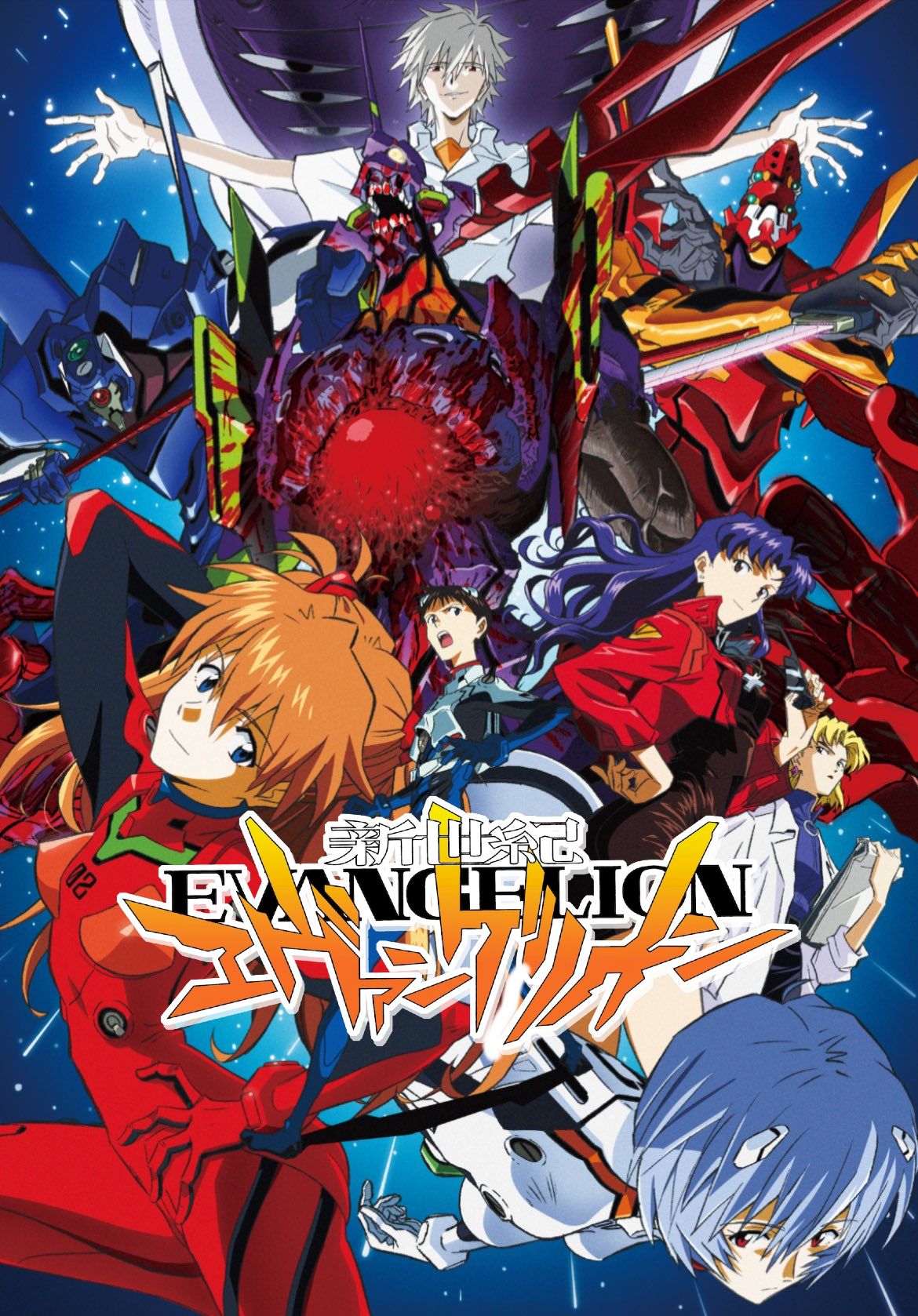
Neon Genesis Evangelion
- Created by
-
Hideaki Anno
- First Film
-
Neon Genesis Evangelion: Death & Rebirth
- Character(s)
-
Shinji Ikari
, Rei Ayanami
, Asuka Langley Soryu
, Toji Suzuhara
, Kaworu Nagisa
, Mari Illustrious Makinami
, Gendo Ikari
, Misato Katsuragi - Video Game(s)
-
Neon Genesis Evangelion
